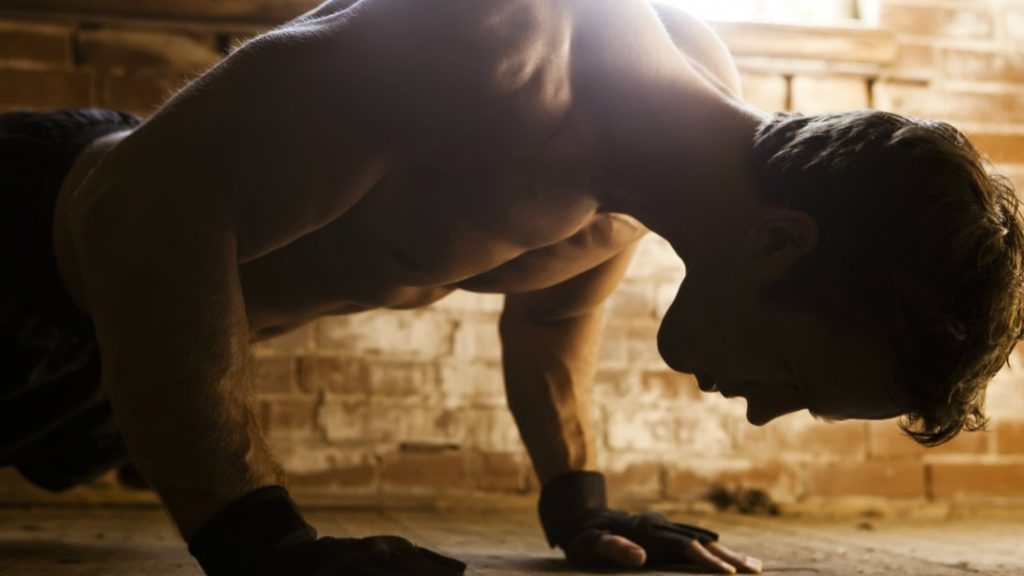
Exercising while fasting during the long summer days of June and July sounds daunting to many. While many practicing Muslims choose to do it, others choose to stay as sedentary as possible to conserve their energy during their fast. This leaves us with the frequently asked question as to whether it is beneficial to work out during the fasting hours of Ramadan or not?
In the middle of so many conflicting opinions on the issue, I will give you some pointers that may help you make that decision on your own. There is no right or wrong answer to this question:
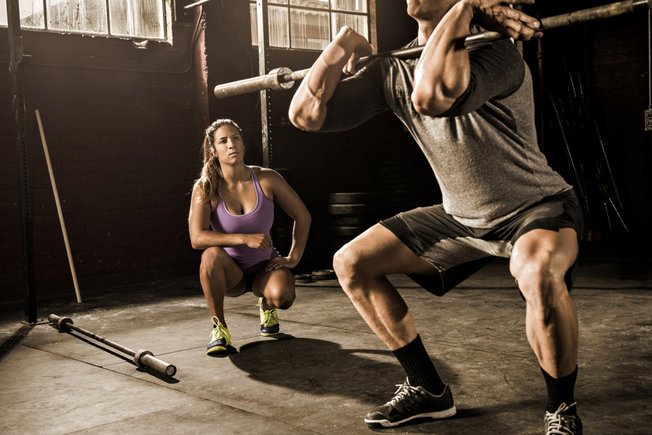
- Different people workout best under different circumstances
- Those who feel comfortable during fasting hours and energetic enough to endure a 30-60 minute workout could definitely go for it
- If you are among those people who struggle with fasting and are left feeling drained, then it is best to work out after fasting hours
- Some form of exercise is highly beneficial during the month of Ramadan
Allow me to give you a quick brief on why exercising while fasting would be beneficial for your weight loss goals:
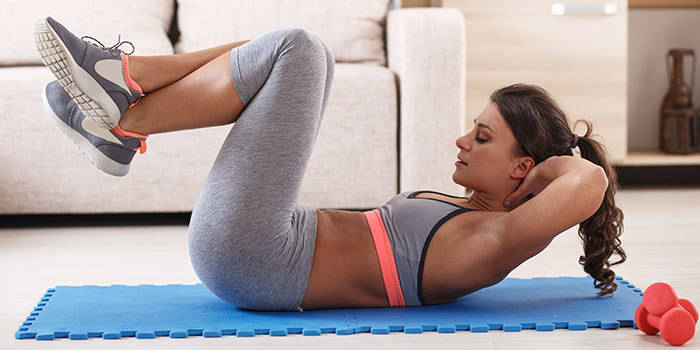
- Your body uses glycogen stores to energize you, but after a 16-hour fast those stores are depleted. Your body will then be forced to release fat for energy
- According to some studies, exercising while fasting causes hormonal changes throughout the body that are beneficial in burning fat
- Insulin sensitivity is improved, testosterone and growth hormone levels are elevated, all in which aid in the fat burning process
- All this enhances the body’s ability to absorb nutrients more efficiently during your post workout Iftar
If you are looking to exercise to lose weight and burn the most amount of fat:
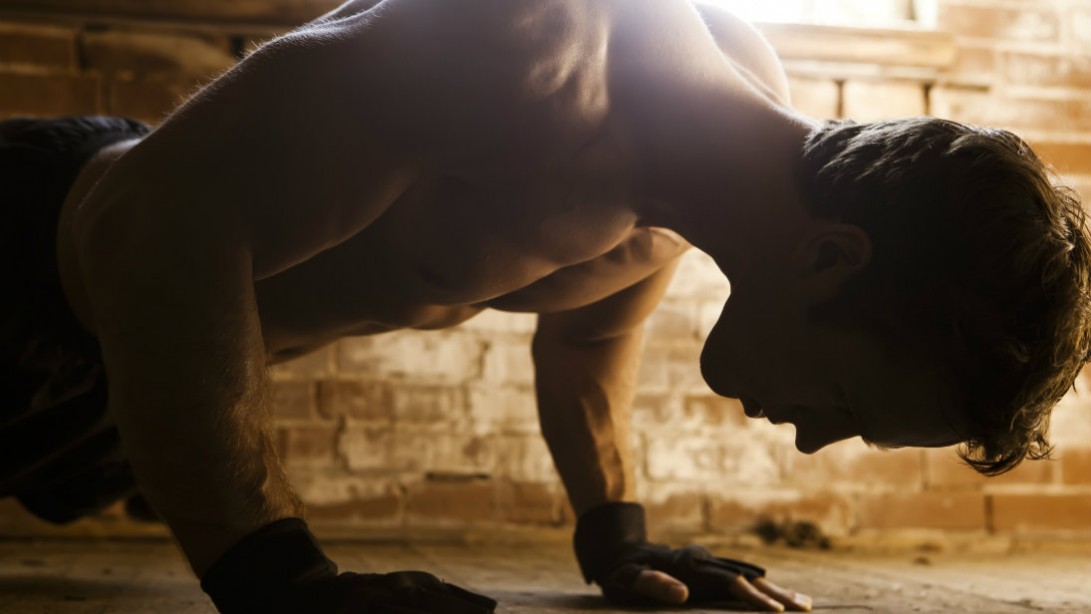
- Workout 30-60 minutes prior to Iftar
- Make sure your workout ranges from moderate to low intensity
- Remember that at this point you are mildly dehydrated and you have moderate to low energy
- Stop at any point during the exercise if you start feeling nauseous and light-headed, or slow down the intensity
- Make sure you pay attention to your body and listen to what it is trying to tell you
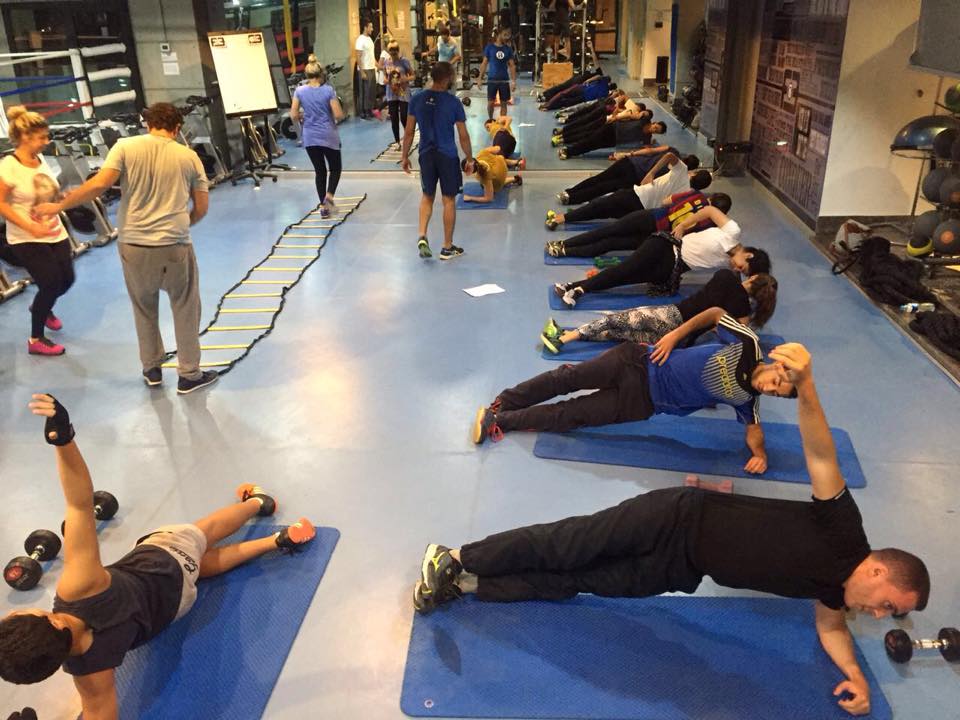
A quick word on muscle mass: It is normal for some people to lose some muscle mass during Ramadan. This happens when glycogen stores are low, and the body turns to protein (breaking down your muscles) for energy, as well as fat. If you are looking to lift weights, to maintain or increase your muscle mass during the fasting period, it would be safer to exercise after Iftar, since your state of dehydration and low energy may place you at a risk of causing muscle injury and muscle wasting. Follow with a scoop of whey protein (around 20g) to repair your muscles and to promote muscle growth, post workout.
I strongly recommend you eat well during Sohour and delay this meal until as close to dawn as possible, since this is your chance to get fuel to last you for the rest of the day. Focus on incorporating protein, healthy fats, complex carbohydrates, and fiber into your pre-dawn meal, like the samples shown below:
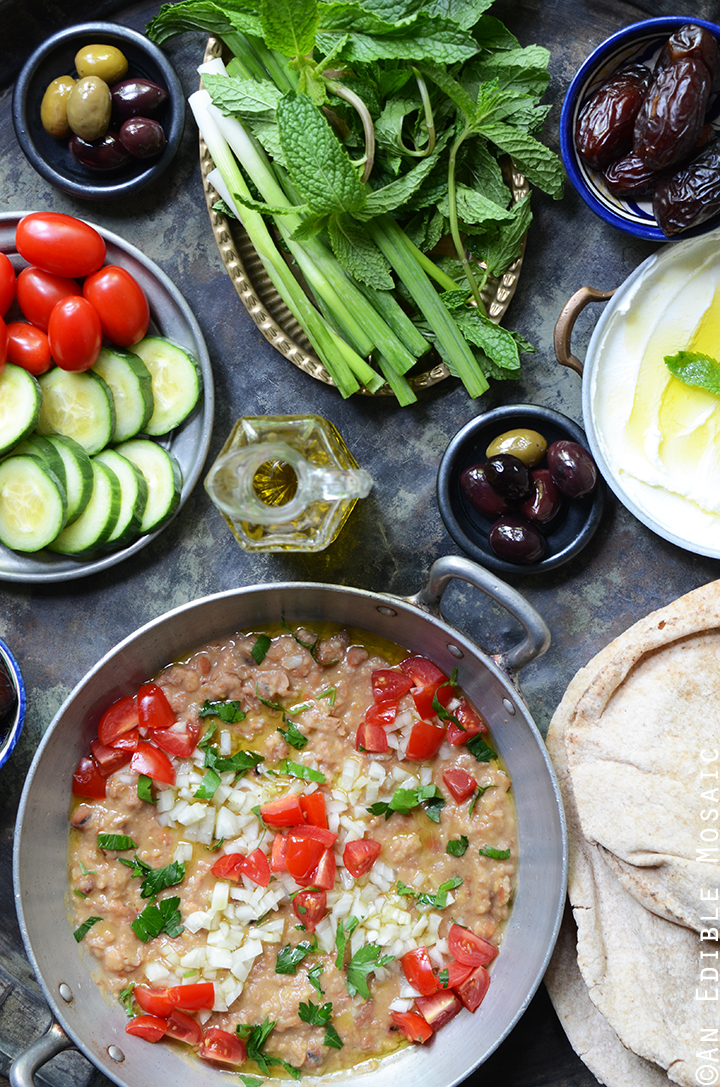
- 1 cup fava beans (foul) with olive oil, whole wheat bread, side of cucumbers and lettuce
- 1 cup of plain oatmeal with cinnamon, milk, a small banana and 1-2 boiled eggs
- 1-2 whole wheat toasts, 2 tablespoons almond/peanut butter, 1 small banana and 1-2 boiled eggs
- Yogurt topped with walnuts, granola, 2 chopped dates, and top with strawberries
Hydration is very important as well. On average, a person should aim for 2.5-3 liters of water per day, especially during the summer months.
WE SAID THIS: You should also read The Four Sides We All Have in Ramadan and How to Balance Them.


